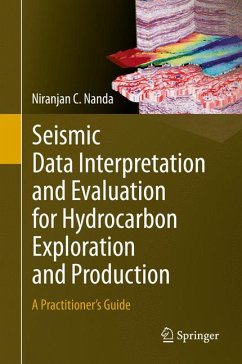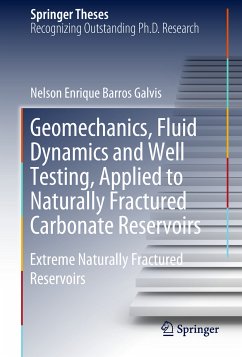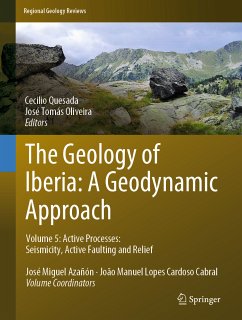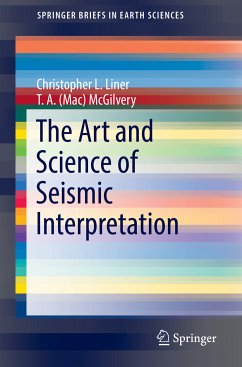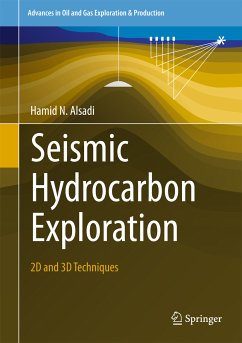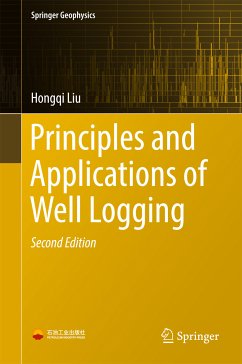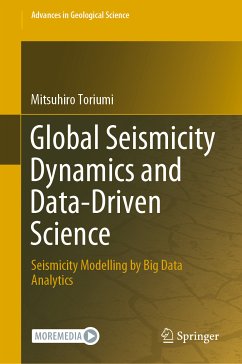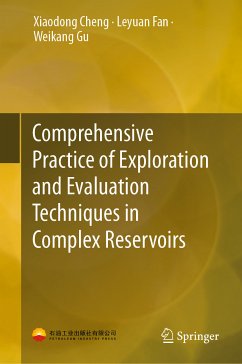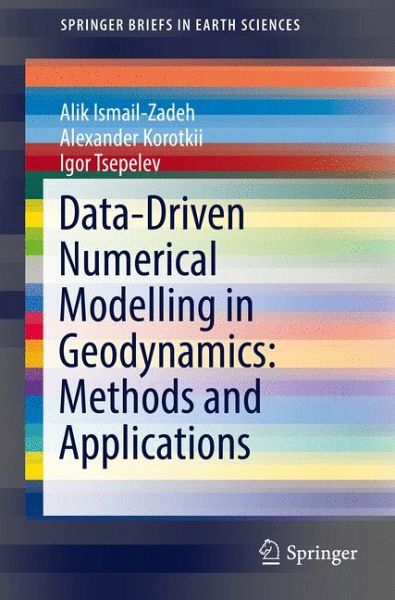
Data-Driven Numerical Modelling in Geodynamics: Methods and Applications (eBook, PDF)
Versandkostenfrei!
Sofort per Download lieferbar
40,95 €
inkl. MwSt.
Weitere Ausgaben:

PAYBACK Punkte
20 °P sammeln!
This book describes the methods and numerical approaches for data assimilation in geodynamical models and presents several applications of the described methodology in relevant case studies. The book starts with a brief overview of the basic principles in data-driven geodynamic modelling, inverse problems, and data assimilation methods, which is then followed by methodological chapters on backward advection, variational (or adjoint), and quasi-reversibility methods. The chapters are accompanied by case studies presenting the applicability of the methods for solving geodynamic problems; namely,...
This book describes the methods and numerical approaches for data assimilation in geodynamical models and presents several applications of the described methodology in relevant case studies. The book starts with a brief overview of the basic principles in data-driven geodynamic modelling, inverse problems, and data assimilation methods, which is then followed by methodological chapters on backward advection, variational (or adjoint), and quasi-reversibility methods. The chapters are accompanied by case studies presenting the applicability of the methods for solving geodynamic problems; namely, mantle plume evolution; lithosphere dynamics in and beneath two distinct geological domains - the south-eastern Carpathian Mountains and the Japanese Islands; salt diapirism in sedimentary basins; and volcanic lava flow.
Dieser Download kann aus rechtlichen Gründen nur mit Rechnungsadresse in A, B, BG, CY, CZ, D, DK, EW, E, FIN, F, GR, HR, H, IRL, I, LT, L, LR, M, NL, PL, P, R, S, SLO, SK ausgeliefert werden.



